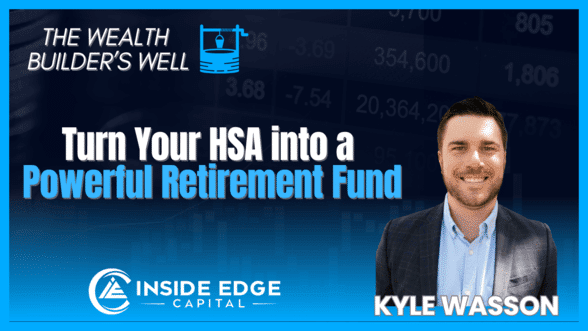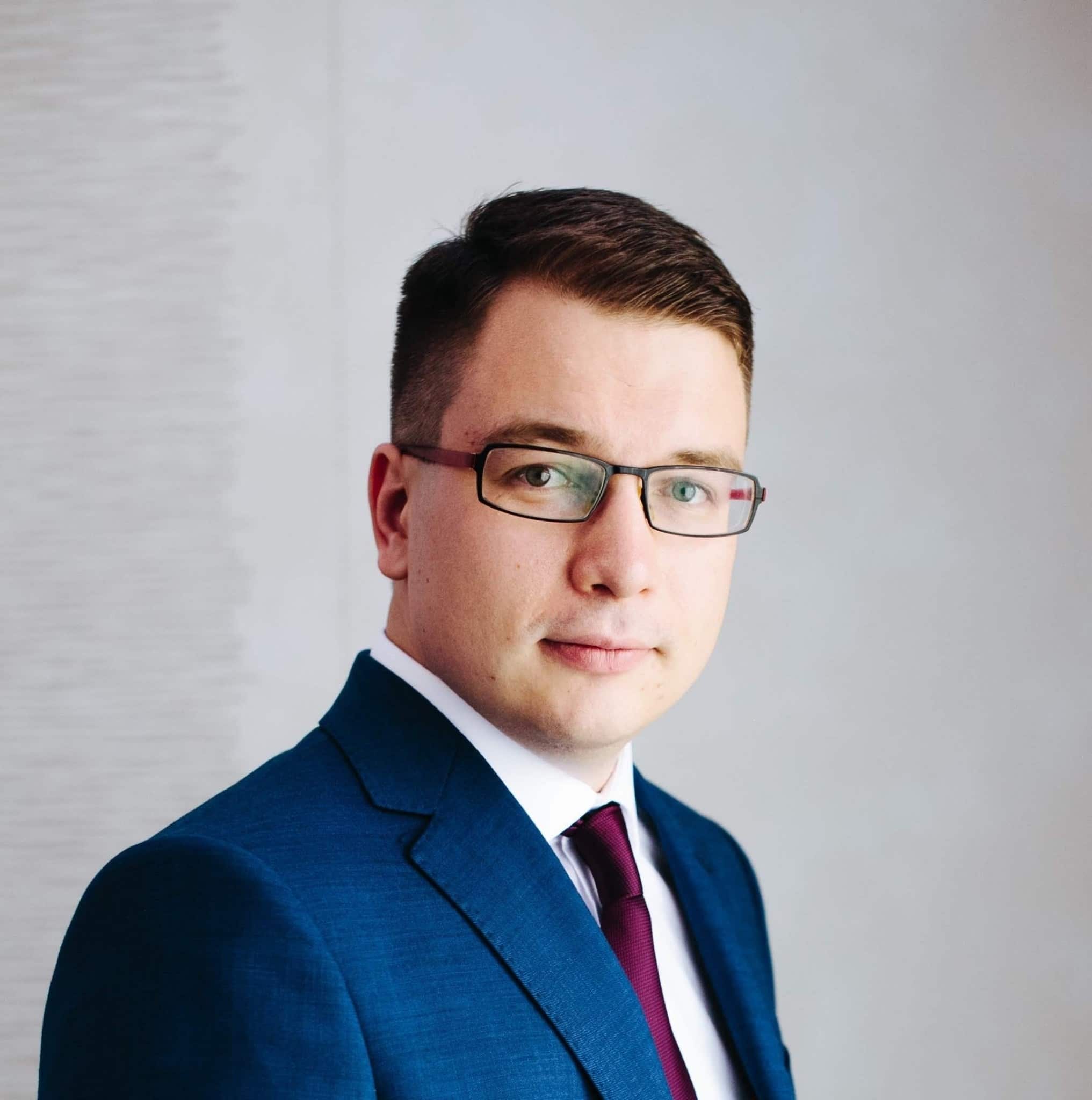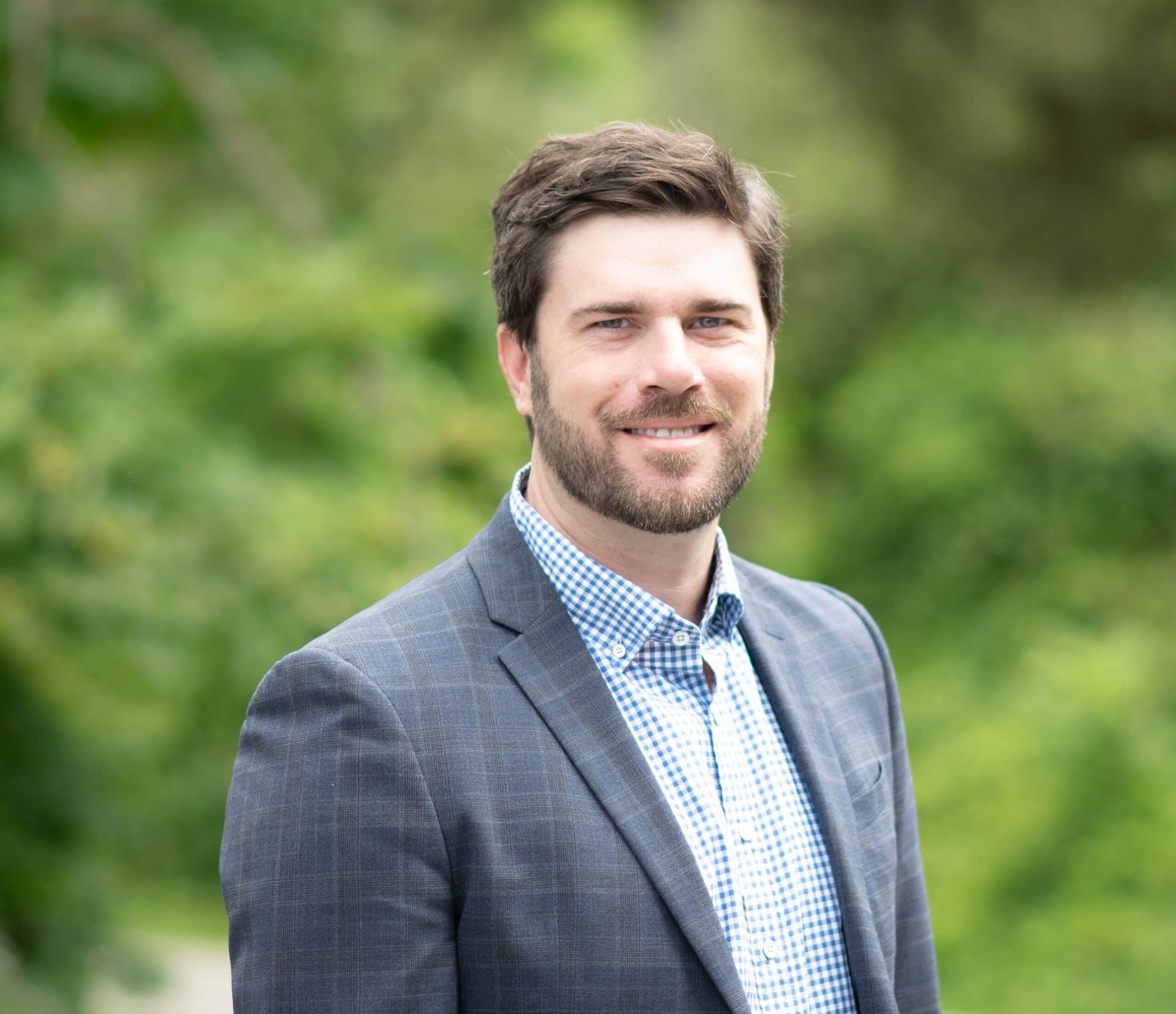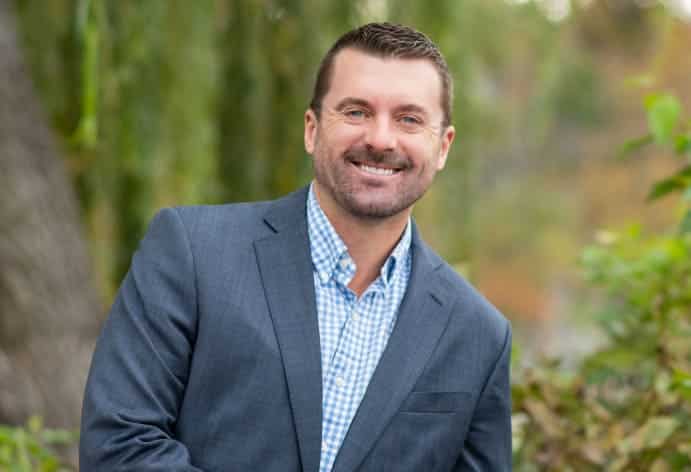Turn Your HSA into a Powerful Retirement Fund
When it comes to managing healthcare costs and building long-term savings, few tools offer the versatility and tax benefits of a Health Savings Account (HSA). Often underutilized, HSAs provide a unique opportunity not just to pay for out-of-pocket healthcare expenses, but also to grow a tax-advantaged nest egg for retirement.
HSAs can be used to cover a broad array of health-related expenses. These including basic over-the-counter expenses, dental and vision care (exams, glasses, contacts), specific chiropractic and acupuncture treatments, and premiums for long-term care insurance up to IRS limits. Most HSA plans come with a debit card that you can use freely and as needed at your doctor’s office or pharmacy.
What sets HSAs apart from other accounts is their “triple tax advantage”: contributions are tax-deductible, funds grow tax-free, and withdrawals used for qualified medical expenses are also tax-free. There are currently no other account types we are aware of which offer all three of these tax advantages.
Furthermore, many HSAs offer investment options in stocks, bonds, or mutual funds. This allows you to invest your HSA balance for growth over time, creating a substantial, tax-free asset for the future.
For example, if a couple maximizes their HSA contributions each year, investing $8,300 annually at an 8% average return, their HSA could grow to roughly $784,024 over 30 years. In an account taxed at 15% with the same contribution rate and return, the account would be worth $656,421, over $100,000 less.
One unique feature of HSAs is the flexibility to reimburse yourself for medical expenses at any time. This can provide a great planning opportunity. For example, let’s say you have a medical expense today. Instead of using your HSA to pay for it now, you can choose to pay out-of-pocket, save your receipt, and keep your HSA funds invested. Later, perhaps years down the line, you can choose to withdraw money from your HSA to “reimburse” yourself for that past expense, essentially providing a tax-free distribution at your discretion up to the value of all un-reimbursed past expenses. This approach requires diligent record-keeping, so it’s helpful to store receipts for all medical expenses in a secure digital folder or dedicated file.
Once you reach age 65, HSAs become even more versatile. You can use them to cover non-medical expenses, although these withdrawals will be taxed as ordinary income, similar to a traditional IRA withdrawal. Qualified medical expenses remain tax-free after age 65, providing an effective way to manage healthcare costs in retirement. And, if you retire before becoming eligible for Medicare, HSA funds can even be used to pay for COBRA or other qualified health insurance premiums.
For those eligible, HSAs can serve as a powerful investment vehicle. If you’re enrolled in a high-deductible health insurance plan like most Americans are, you are eligible to open an HSA and start taking advantage of its benefits. In 2025, the IRS defines a high-deductible plan as one with a minimum health insurance deductible of $1,650 for individuals or $3,300 for families.
With thoughtful planning, an HSA can become a long-term asset in your financial toolkit. By maximizing your annual contributions, using its tax benefits strategically, investing for growth, and managing reimbursements effectively, you can build a lifelong reserve that supports both your health and financial well-being.




